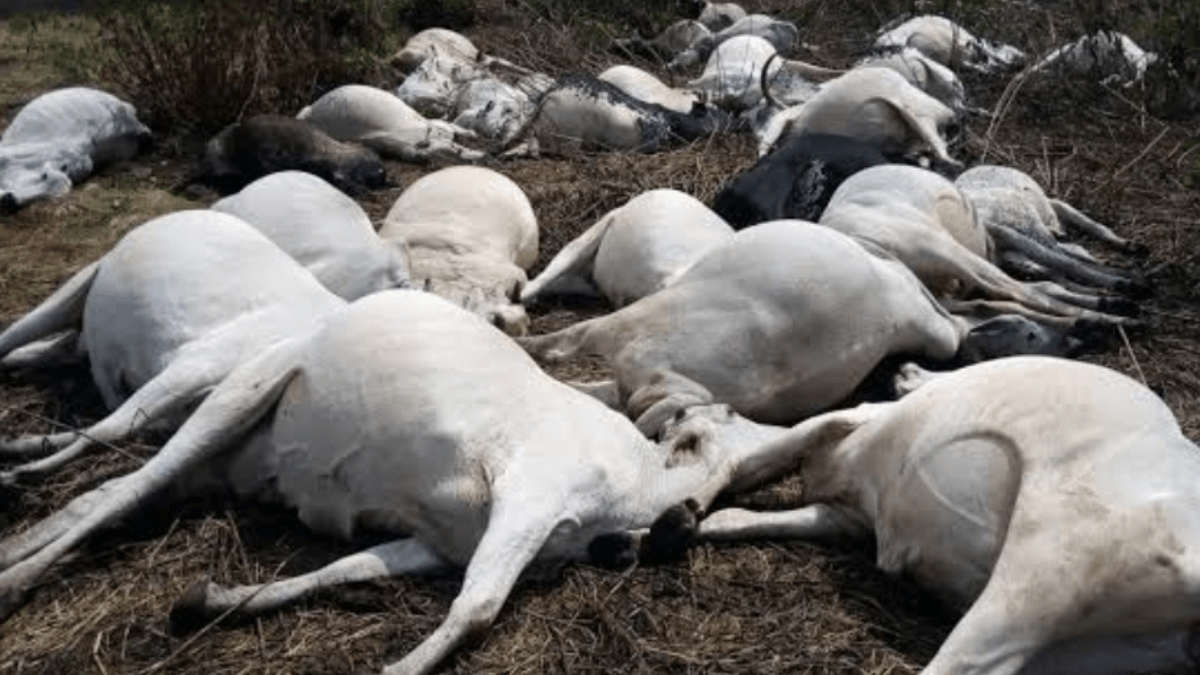News in brief:
– Adamawa State is preparing for a mass vaccination campaign against Hemorrhagic Septicaemia following its outbreak in Taraba.
– Over 1,000 cows have reportedly died in the state, prompting increased surveillance and preventive measures in Adamawa.
In a decisive move to protect livestock, the Adamawa State Government is gearing up for a massive vaccination campaign against Hemorrhagic Septicaemia, a deadly bacterial disease suspected to have claimed the lives of over 1,000 cows in neighbouring Taraba State.
Hemorrhagic Septicaemia (HS) is a severe bacterial infection that affects animals like cattle, buffaloes, goats, and pigs. This disease is caused by a bacteria, leading to symptoms such as high fever, swelling (especially around the neck), depression, and breathing difficulties. If not treated promptly, it can result in the death of an infected animal within 24 hours.
Current situation of Hemorrhagic Septicaemia in Nigeria and government response
The Permanent Secretary of the Ministry of Livestock and Aquaculture in Adamawa, Suleiman Aminu, shared details of the planned response during a press briefing in Yola. Aminu revealed that the disease had been confirmed in the Sardauna Local Government Area of Taraba, which borders Adamawa. Given the proximity and the threat of the disease spreading, Adamawa is taking proactive measures to safeguard its livestock.
“With the confirmed cases of the disease in Gembu, Taraba, and its spread to other LGAs, the ministry has summoned all Divisional Veterinary Officers (DVOs) to intensify efforts and conduct thorough examinations to prevent the disease from reaching Adamawa,” said Aminu.
Collaboration with Taraba towards prevention and control
The ministry has already sent a memo to Governor Ahmadu Fintiri, seeking approval to purchase the necessary drugs for mass vaccinations. This move underscores the urgency and importance of controlling the outbreak before it reaches Adamawa.
Furthermore, Aminu emphasised the importance of vigilance among residents. He urged them to report any suspected cases of Hemorrhagic Septicaemia to the ministry, veterinary clinics, or officials promptly.
Samples from affected animals are currently being tested at the National Veterinary Research Institute (NVRI) Laboratory in Vom, Plateau State. While awaiting definitive results, Taraba State has confirmed plans to commence mass vaccinations across its affected areas.
This situation serves as a critical reminder for Nigerian farmers about the importance of animal health management. Regular vaccinations, proper hygiene, and immediate reporting of any unusual symptoms in livestock are essential practices to prevent the spread of infectious diseases.



